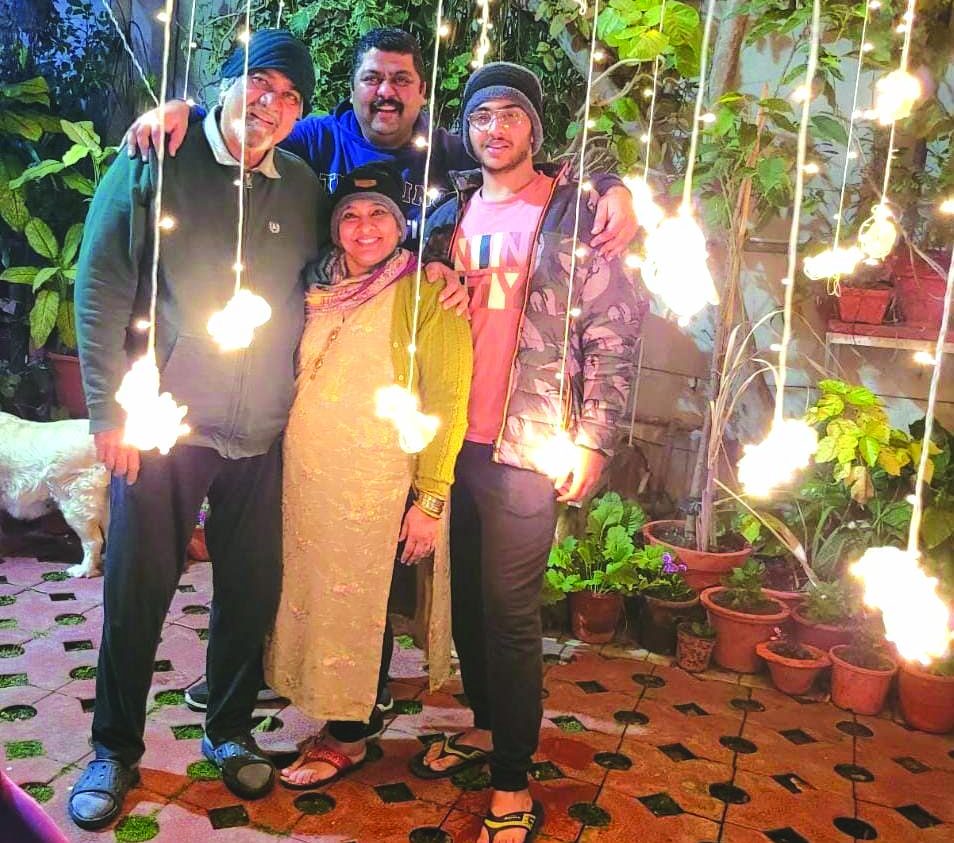PW invited parents of Daly College, Indore to share insights on how they help their children remain rooted in their family’s culture

We make special efforts to weave elements of our culture into my son Advik (class V)’s daily routine by encouraging him to spend time with his grandparents and extended family members, including having meals together. Mingling with his grandparents has taught him about our ancestors, family history and the importance of human values and customs in typical storytelling style. On Guru Nanak Jayanti and other festivals, we ensure Advik visits the community gurudwara, eats langar food, and speaks the Punjabi language as far as possible. We even encourage him to engage in langar sewa so he learns the art of giving.
— Smita Tuteja, entrepreneur, Indore
Families are like branches on a tree. We grow in different directions yet our roots remain one. To ensure that our son Pragun (class XII) stays rooted in our cultural values and traditions, we follow them judiciously so he can observe and learn from us. Moreover, I designate a set of duties and responsibilities for every festival which he has fulfilled with utmost devotion. In fact recently on Diwali, Pragun conducted a puja jointly with the priest.
— Ruchi Gupta, homemaker, Indore
Being a part of a Hindu joint family, our cultural background, Army life discipline, and the blessing of being in the company of elders has been an integral part of our lives. To keep my son Aaryn (class XII) rooted and connected, we encourage him to spend quality time with his grandparents with ‘all meals together’ becoming the rule of the house. Aaryn participates in the frequent hawans and pujas we organise and enjoys mining information about mythological history. In fact, he is so inspired that he independently performed a puja of his skating equipment on Dussehra. Touching the feet of elders is a common practice in our household, a lesson we taught Aaryn when he was three.
— Sonal Anand, entrepreneur, Indore

People who lack culture are like trees without roots. I believe the best way to explain the essence of culture and tradition to our children is to first practice what we preach. Also by drawing from relevant events in Indian history and mythology, I explain the importance of love, respect, and a firm belief in the almighty to my daughter Manaswini (class XII). Just like the beauty of trees lies in its branches and essence in its roots, the beauty of 21st century children is their independence and empowerment. But firm rooting in our culture is essential.”
— Varsha Singh, entrepreneur, Indore























